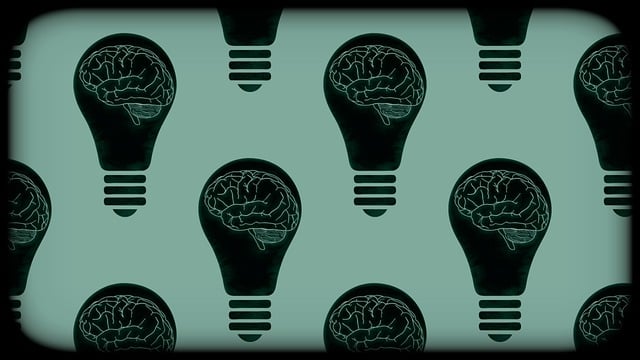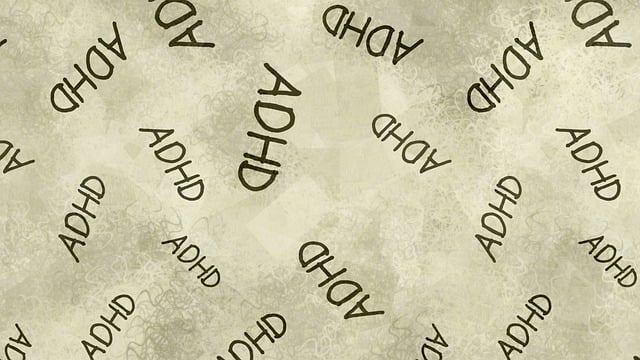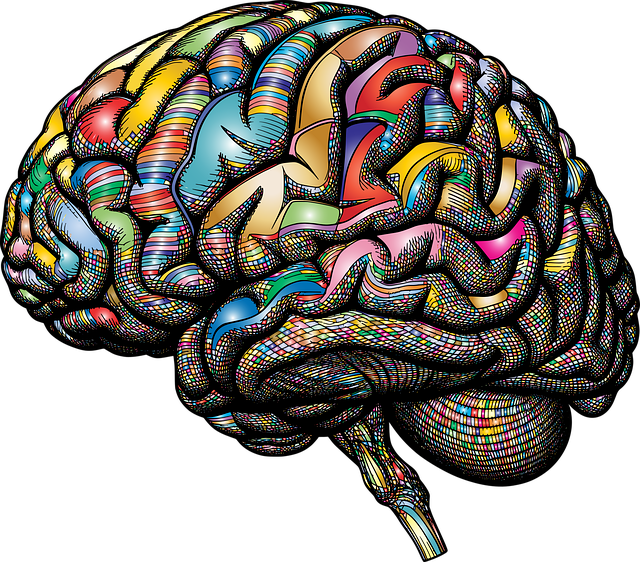Greenwood Village promotes holistic mental health through education, support, and communication strategies. Their focus on couples therapy and self-care equips individuals with tools for emotional healing and healthier relationships. By overcoming barriers in communication styles and cultural nuances, therapists facilitate inclusive sessions for diverse couples. Through community outreach, workshops, and support groups, Greenwood Village normalizes mental health conversations and reduces stigmas. Evaluating their initiatives shows improved self-esteem and relationship dynamics among participants, ensuring tailored advocacy efforts based on data.
Mental health advocacy plays a pivotal role in creating supportive communities. This article explores comprehensive initiatives, starting with the innovative Greenwood Village approach to mental health support. We delve into strategies for couples therapy, addressing communication barriers through tailored interventions. Additionally, it highlights effective outreach methods and measures success by evaluating impact. By examining these aspects, from understanding advocacy to measuring results, this piece offers insights into enhancing mental well-being through collaborative efforts, especially relevant in addressing complex issues like Greenwood Village Couples Communication Issues Therapy.
- Understanding Mental Health Advocacy: The Greenwood Village Approach
- Identifying and Addressing Communication Barriers in Couples Therapy
- Strategies for Effective Mental Health Outreach and Support
- Measuring Success: Evaluating the Impact of Advocacy Initiatives
Understanding Mental Health Advocacy: The Greenwood Village Approach

Mental health advocacy is a powerful tool for creating positive change and raising awareness about various mental health issues. At Greenwood Village, we take a holistic approach to advocacy, focusing on empowering individuals and communities through education, support, and effective communication strategies. Our initiative aims to break down barriers and promote understanding by fostering open conversations about mental well-being.
The Greenwood Village method emphasizes the importance of couples therapy and self-care practices in addressing underlying emotional healing processes. By encouraging active participation and honest dialogue, we help individuals navigate their mental health journeys with resilience. Through group support sessions, workshops, and personalized therapy, couples can learn effective communication skills to overcome challenges related to self-esteem improvement, ultimately fostering healthier relationships and enhancing overall well-being.
Identifying and Addressing Communication Barriers in Couples Therapy

Effective communication is the cornerstone of successful couples therapy, yet numerous barriers can impede progress in Greenwood Village Couples Communication Issues Therapy. These include differences in expression styles, cultural nuances, and past experiences that shape how individuals perceive and respond to words. For instance, one partner might be more direct while the other prefers indirect communication, leading to misunderstandings. Cultural sensitivity in mental healthcare practice plays a pivotal role here; therapists must adapt their approach to accommodate diverse communication patterns and backgrounds, fostering an inclusive environment.
Addressing these barriers requires a multifaceted approach. Therapists can help partners develop coping skills for effective communication by teaching them active listening techniques and promoting empathy. Resilience building is another crucial aspect; encouraging open dialogue about past experiences and helping couples navigate differences in a safe space can strengthen their bond. Through tailored strategies, couples therapy can become more inclusive and successful in Greenwood Village, ultimately enhancing the couple’s ability to overcome challenges together.
Strategies for Effective Mental Health Outreach and Support

Effective mental health outreach requires a multi-faceted approach tailored to diverse communities. One key strategy is to leverage existing social networks and community centers in Greenwood Village, fostering collaborative partnerships with local organizations. By co-hosting events, workshops, and support groups, these initiatives can normalize conversations around mental health, breaking down stigmas. Encouraging open dialogue through safe spaces allows individuals experiencing communication issues within couples to seek help without fear of judgment.
Additionally, integrating practices like Mindfulness Meditation and Resilience Building into community programs has proven effective. Mental Health Education Programs designed with an inclusive approach cater to different needs, ensuring resources are accessible. These initiatives can empower individuals to take proactive steps for their well-being, fostering a supportive environment that encourages open conversations about mental health challenges, just as Greenwood Village couples seeking communication improvements might benefit from therapy sessions.
Measuring Success: Evaluating the Impact of Advocacy Initiatives

Evaluating the success of mental health advocacy initiatives is a critical step in understanding their impact and identifying areas for improvement. This process involves measuring various outcomes, from raising awareness about mental illness to reducing stigma and promoting early intervention. By setting clear goals and utilizing robust evaluation methods, advocates can assess whether their efforts are effectively reaching target audiences and creating positive change.
For instance, in Greenwood Village, couples communication issues therapy programs have seen success in improving self-esteem and fostering healthier relationships. Through regular sessions, participants learn coping strategies and enhance their emotional intelligence, leading to better communication and conflict resolution skills. Such initiatives can be further refined by gathering feedback from clients, tracking improvements over time, and comparing these results against initial baseline data. This data-driven approach ensures that advocacy efforts are tailored to meet the unique needs of the community, ultimately contributing to a more comprehensive understanding of mental health advocacy’s reach and effectiveness.
Mental health advocacy initiatives, such as the Greenwood Village Approach, play a pivotal role in fostering open dialogue and providing support. By addressing communication barriers in couples therapy, implementing effective outreach strategies, and evaluating impact through measured success, we can create a more inclusive and understanding society. Initiatives like these not only enhance access to mental health resources but also revolutionize care, ensuring no one faces their struggles alone, especially in the context of Greenwood Village and beyond.














